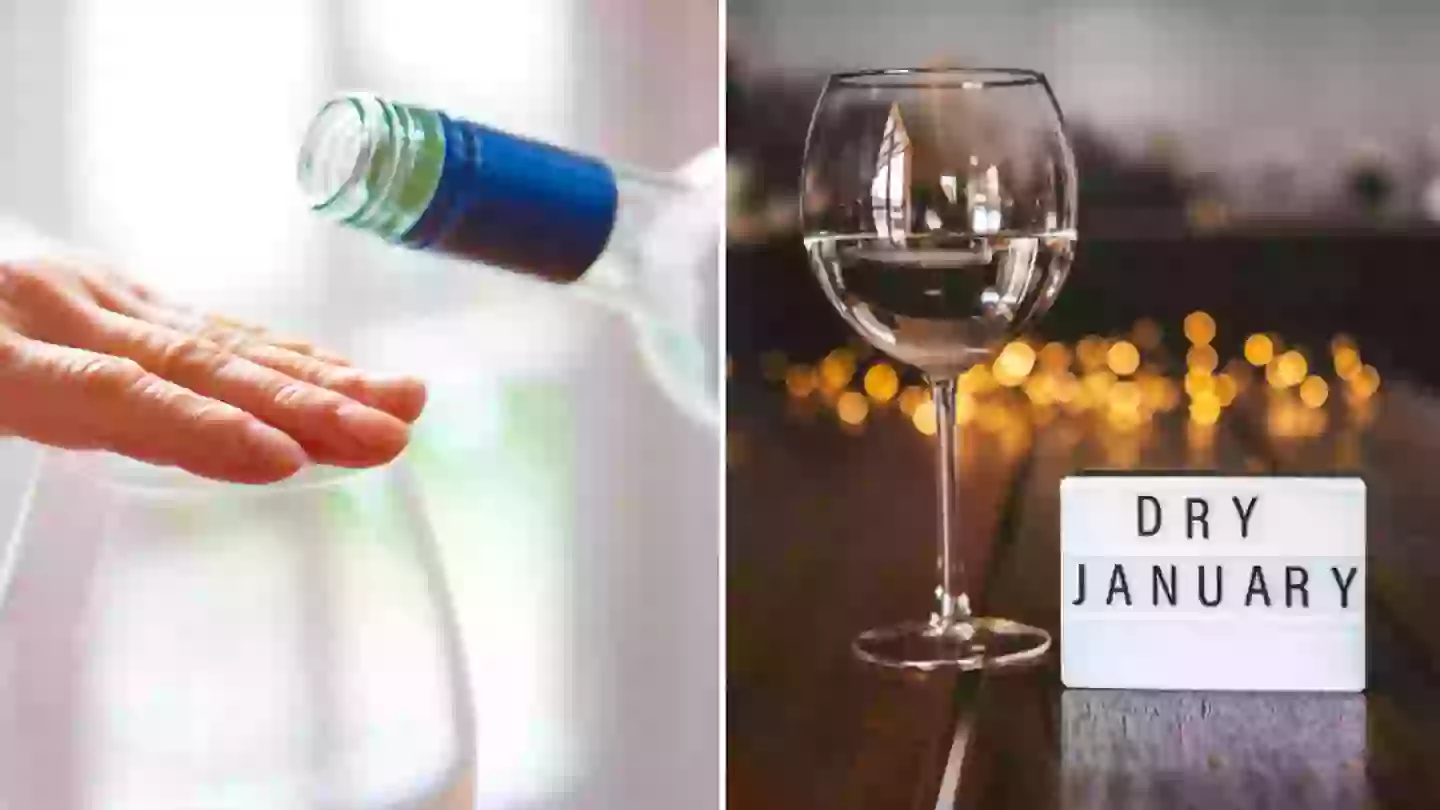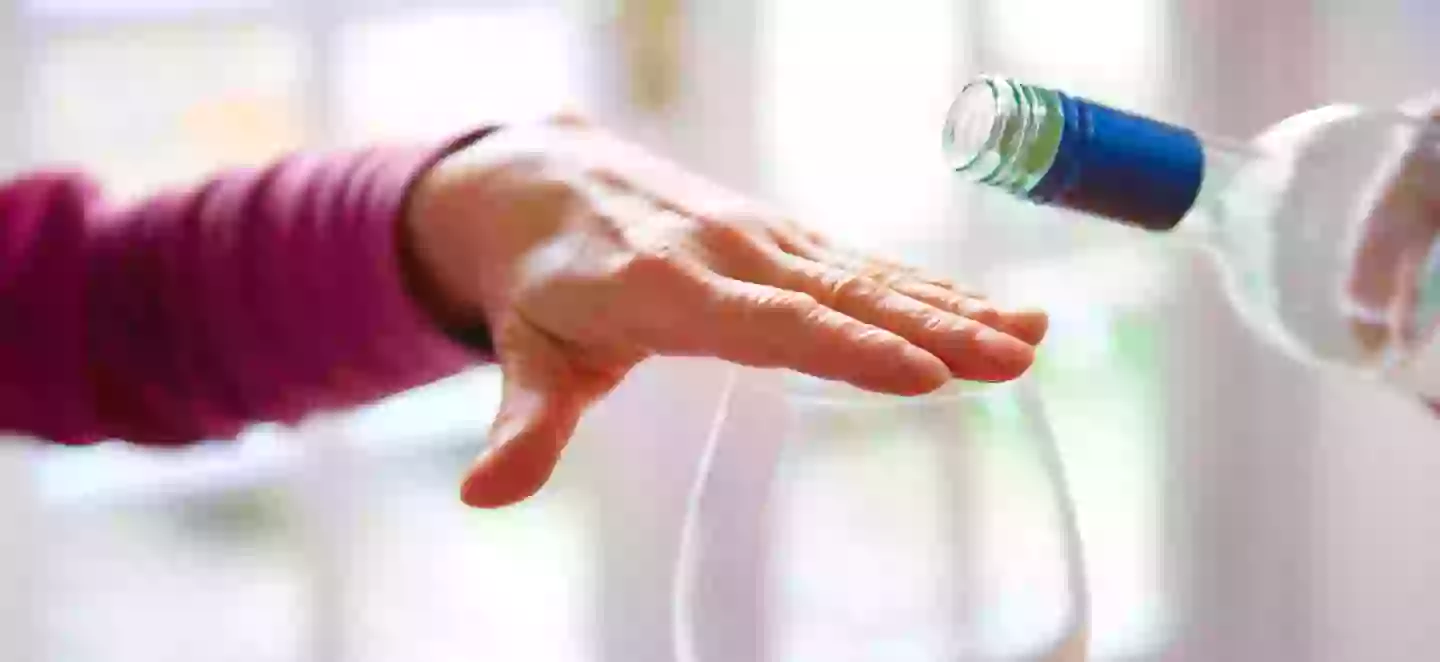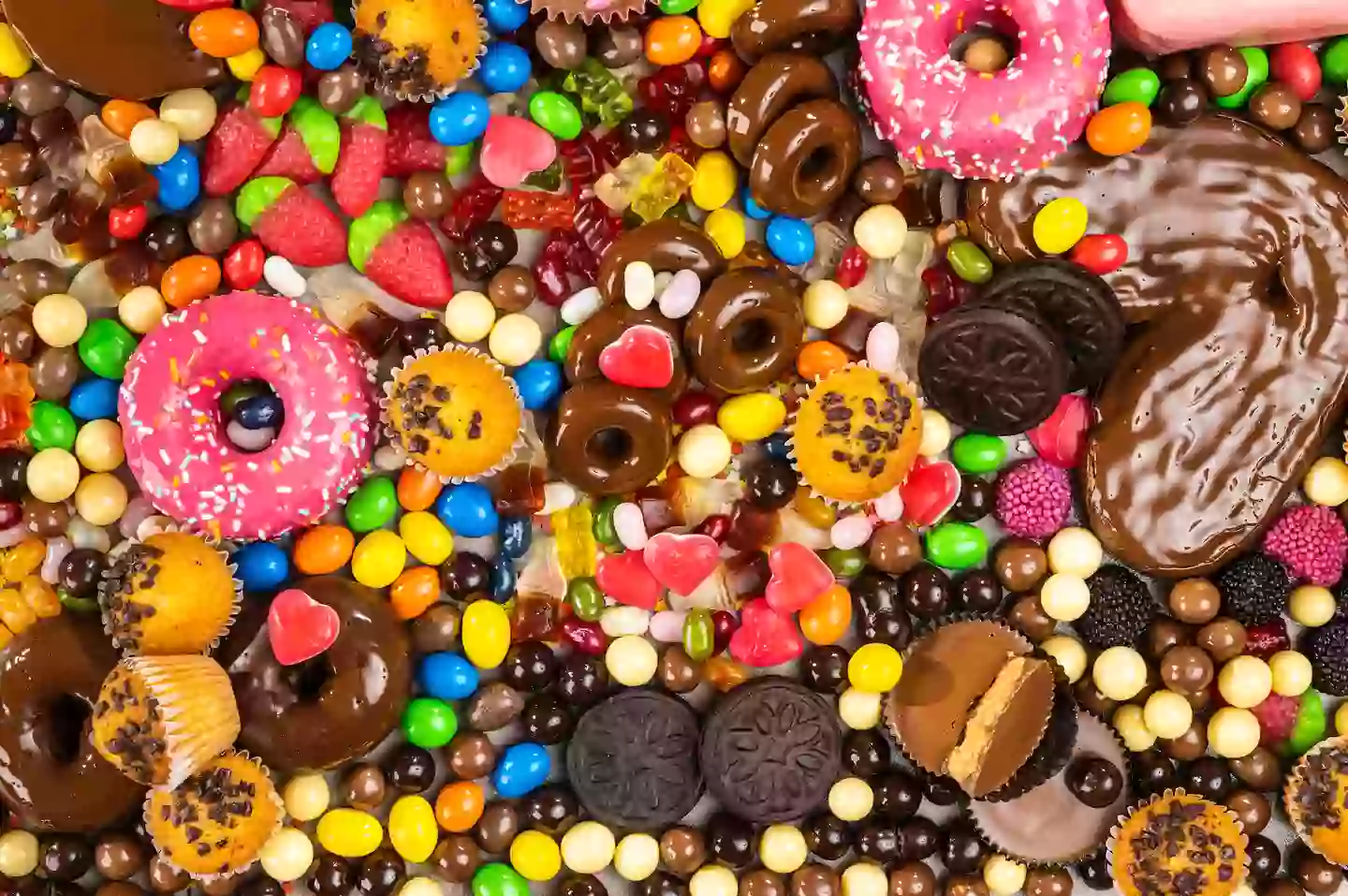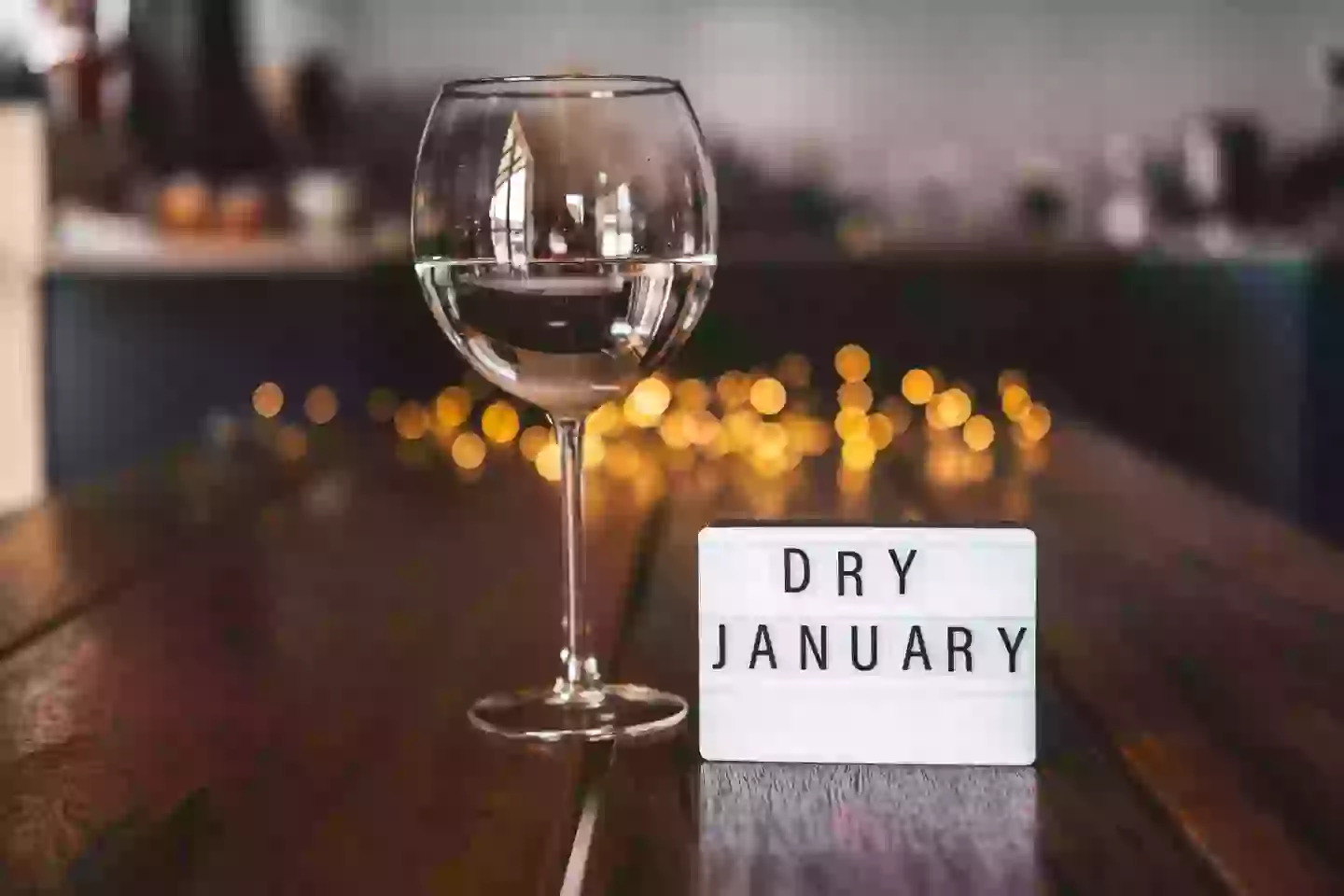
People have many different reasons for wanting to try their hand at Dry January, which involves ditching the booze for the full duration of a month.
Whether you want to improve your health – physical or mental – get better sleep, lose weight or even just see if you can actually do it, we’re told the benefits are endless.
But is it really worth it?
Advert
This is the first year I’ve decided to give it a go, having finally given in to the peer pressure of everyone around me doing it and ultimately being left with no excuse not to follow suit.
I’d describe my own drinking habits as being consistently above what they should be, but from my perspective things have always felt relatively under control.

I drink more than my parents and siblings, but not as much as some of my friends; I still get the occasional sore head the morning after, but no longer need to write entire days off; I enjoy sharing a couple of bottles of wine at the weekend, but usually try to keep weekdays fairly low-key.
Advert
Since dropping all that for the sake of Dry January, in all honesty, I’ve not really struggled for the most part. I’ve enjoyed leaning into the calm quietness that comes with this time of year, curling up on the sofa to watch The Traitors and getting out for frosty walks – although this is obviously enjoyment that stems from the fact that my brain knows this is all fleeting.
There has been one huge problem, though.
Sure, I’ve maybe been sleeping better and maybe been finding more valuable ways to socialise, but one thing’s for sure: I have become absolutely HOOKED on sugar.
What started as an extra treat here and there, all justified by the fact that I wasn’t drinking, has now become a fully-fledged addiction... and it’s only been two weeks.
Advert
I’ve also heard friends say the exact same thing happened to them when they either gave up alcohol for good, or were off it when they were pregnant, almost instantly becoming obsessed with ice cream or hot chocolate (mine’s Minstrels, FYI).
According to Dr Carol Weiss, an addiction psychiatrist based in New York, this is sometimes called a ‘replacement addiction'.

You could be reaching for extra sweets because ‘your brain has become accustomed to getting a hit of something that feels pleasurable’ thanks to that dopamine hit, Weiss told Women’s Health.
Advert
Once that source – such as alcohol – is cut out of someone’s lifestyle, your brain ‘starts seeking some other thing that stimulates the pleasure center’.
As for why that is often something to satisfy your sweet tooth over any other vice, Weiss said the fact that alcohol has a very high sugar content may result in literal sugar withdrawal, in turn triggering those cravings.
Lauren Booker, an Alcohol Change UK consultant and qualified alcohol treatment practitioner, also said all this is ‘totally normal’ and stressed that eating shouldn’t be something to feel ‘guilty’ about.
“That said, it would be a shame to end up replacing one habit with another,” she added.
Advert
Thankfully, there are a number of things you can try to help curb those cravings, if you’re worried about things getting a little out of control...

Ways to curb sugar cravings during Dry January
Brush your teeth
“There’s something very naughty about spoiling minty fresh breath with sweets,” Booker said.
“Oh, and the minty taste itself can help to inhibit the craving. While we’re on the subject, sugar free gum or mints can help with this too.”
Know your weak spot
If you find you’re getting a sugar craving at the same time you’d normally have a drink, Booker said it’s just ‘your habit trying to nudge its way back in’.
"Not drinking can mean you’ve got more time to kill in the evenings, so you may be eating because you’re bored,” she explained.
“If this is you, it’s time to break your routine. Try eating dinner at a different time, trying out a new hobby or just mixing things up a bit so you don’t have that evening slump that sends you reaching for a drink or a sugary snack.”
Drink something
Obviously not alcohol, but low-sugar cordials, flavoured waters and herbal teas will help you quench your thirst and your need for something sweet at the same time.
Fill up on fruit
"When you get a craving for something sweet, go for something with natural sweetness such as fruit,” Booker said, admitting it’s ‘worth a try’.
“Make sure you have a good breakfast too. Avoid sugary cereals in favour of oats, wholemeal toast, and other healthy options. These will help to keep your blood sugars stable until it’s time for lunch.”
Go cold turkey
This one’s admittedly a ‘drastic’ move, but it can work. Sure, the withdrawal isn’t pleasant, with headaches, cravings and fatigue all potential downsides, but ‘three days later’ you’ll find you may have things under control.
“Make sure you eat lots of complex carbs (think wholemeal pasta and brown rice) and lean protein (chicken, fish, halloumi, beans) to help reduce the withdrawal effects in the first few days.” Booker said.
Topics: Food and Drink, Health